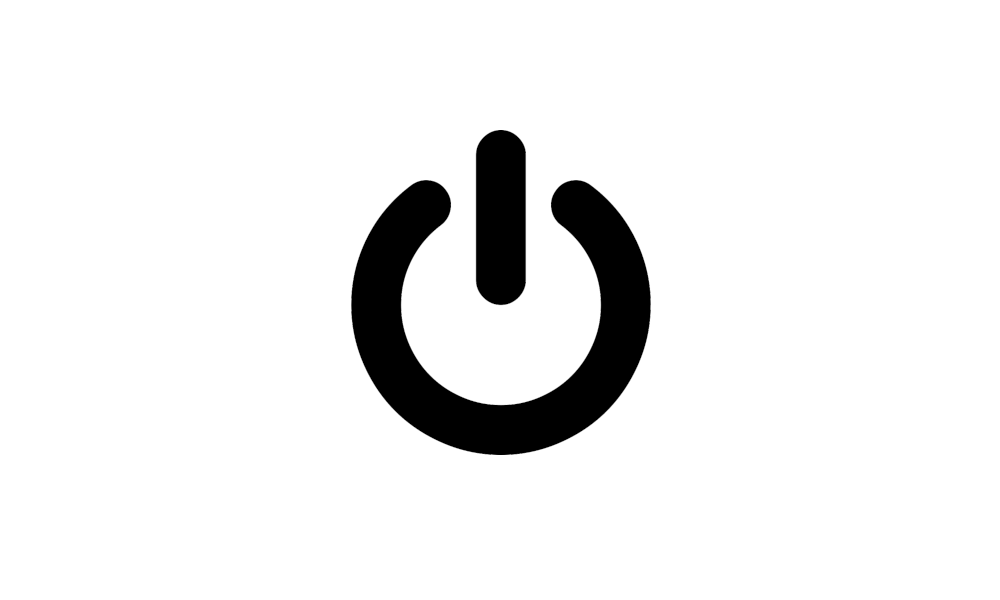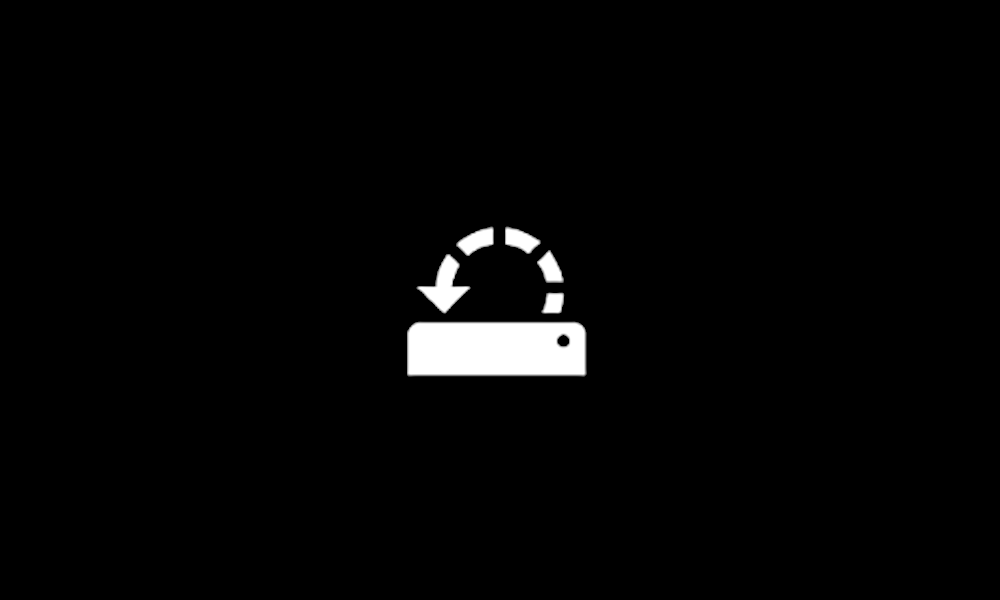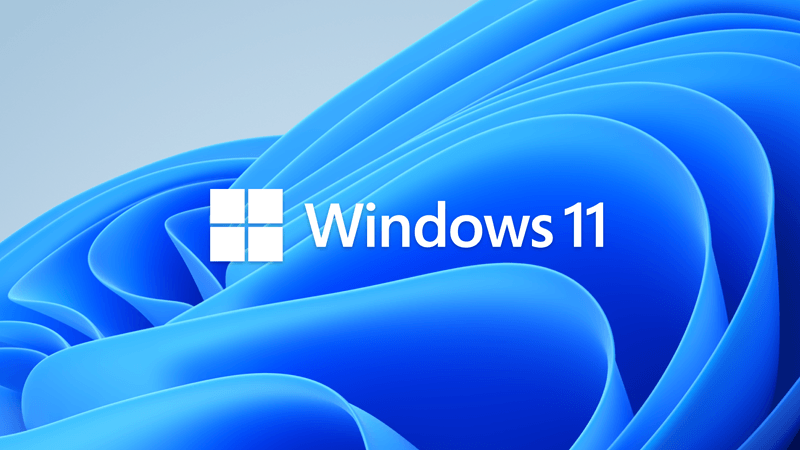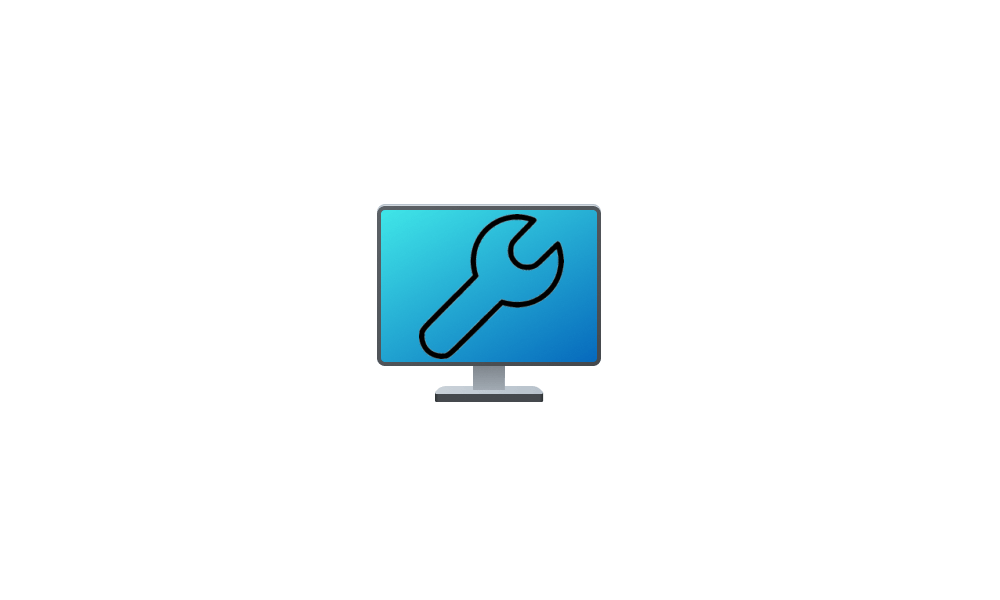I have a new installation of windows 11 on my laptop using it around 1 week i have just bought this laptop used and did not encounter any issues until this random BSOD.
After i booted my laptop after around 1 minute with edge open i got a BSOD.
I am not getting any more BSOD after that i also run chckdisk and memory diagnostic without any errors.
Can someone please analyse why this might have happened or if it is a hardware issue
Here is the V2 log collector
DESKTOP-4G15IDA-(2024-03-23_13-18-02).zip
Thank you in advance
After i booted my laptop after around 1 minute with edge open i got a BSOD.
I am not getting any more BSOD after that i also run chckdisk and memory diagnostic without any errors.
Can someone please analyse why this might have happened or if it is a hardware issue
Here is the V2 log collector
DESKTOP-4G15IDA-(2024-03-23_13-18-02).zip
Thank you in advance
- Windows Build/Version
- Windows 11 23H2 22631.3296
My Computer
System One
-
- OS
- Windows 11
- Computer type
- Laptop
- Manufacturer/Model
- DP
- CPU
- 11th Gen Intel Core i5-1135G7
- Motherboard
- HP Laptop
- Memory
- 8GB
- Graphics Card(s)
- Intel Iris
- Hard Drives
- 256 NVME
























